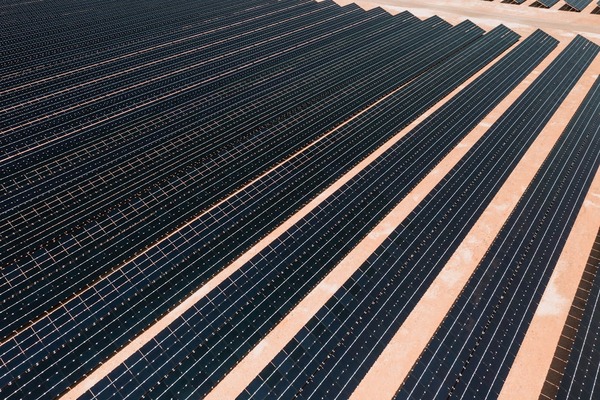Egypt is set to increase its renewable energy capacity by nearly 10 gigawatts (GW) by 2030. The country plans to achieve this through a mix of public and private sector projects.
Rania Al-Mashat, Egypt’s Minister of Planning, Economic Development, and International Cooperation, explained that nearly 4.7 GW of this capacity will come from projects carried out by the private sector. These private sector projects will account for just under half of Egypt’s renewable energy target for 2030. The total renewable energy target is to reach 42% of Egypt’s total energy mix by 2030.
The Egyptian government has been working to secure financing for these projects. The Ministry of Planning has arranged loans worth about $2.5 billion from the European Bank for Reconstruction and Development (EBRD) and other creditors. These funds will support the private sector’s efforts to develop renewable energy infrastructure, with projects expected to generate 4.5 GW of electricity.
These renewable energy projects are part of Egypt’s broader energy strategy. The country aims to reduce its reliance on conventional fossil fuel-based power generation by increasing the share of renewable energy sources such as solar and wind. As part of this transition, Egypt will shut down 12 conventional power plants, which have a combined capacity of 5 GW.
These efforts come as part of Egypt’s long-term plan to achieve a cleaner and more sustainable energy mix. The country is working toward reducing greenhouse gas emissions and improving its energy security by relying more on renewable energy sources.
The 10 GW of renewable energy capacity will help Egypt meet its target of having 42% of its energy come from renewable sources by 2030. These projects, along with the closure of older power plants, are expected to play a key role in the country’s shift toward a more sustainable energy future.


